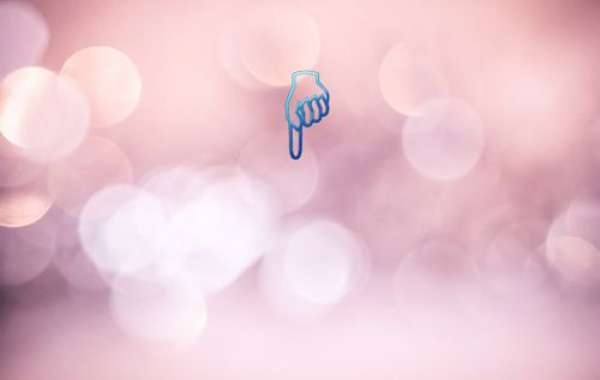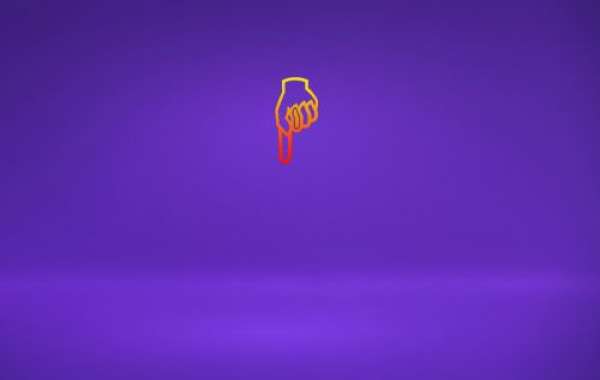Narcolepsy
These are called cataplexy and, in addition to causing chronic daytime sleepiness, can leave people with narcolepsy vulnerable to being misdiagnosed as having depression or other mental health problems.
Modalert 200 is a powerful cognitive function enhancer that is often used as a nootropic. The drug is used to treat narcolepsy and shift work sleep disorder, but most people take it to boost their productivity.
When she was diagnosed with narcolepsy, Flygare decided to make a big change in her life. Instead of hiding the fact that she had narcolepsy, she went public with it. Since then, she’s completed six marathons. She also has set a goal to climb all the 14ers in her home state of Colorado, despite the risk of cataplexy during the hikes.
Harvard geneticist George Church says many of his wildest ideas, from a quick and simple way to read DNA to lightning-speed interstellar space probes capable of traveling at one-fifth the speed of light, come to him during narcoleptic naps.
He has even had to give up driving because of his condition, which often causes him to fall asleep in inappropriate situations—at The World Economic Forum, for example, or just a few feet from Bill Gates.
Obstructive sleep apnea
Obstructive sleep apnea is one of the most serious conditions related to poor quality of life. It can lead to a variety of complications, ranging from excessive daytime sleepiness to depression. Obstructive sleep apnea can be dangerous, especially when it occurs while driving or doing work that requires your undivided attention.
This condition is caused by the muscles in your neck and throat relaxing while you sleep, causing them to block air from entering your windpipe. This can cause you to choke or gasp for breath. Modafinil Australia The alternative medicine is, can be used in the absence of Modalert 200.
It can also cause you to have a dry mouth or sore throat. Other symptoms of this condition include feeling tired or irritable regularly, waking up with a headache, waking up feeling like you're choking, or having a hard time concentrating.
There are many things you can do to help prevent obstructive sleep apnea, including eating a healthy diet, losing weight, quitting smoking, avoiding alcohol, and practicing good sleep hygiene.
Sleep paralysis
In a sleep paralysis episode, the person feels immobilized and is often overwhelmed with fear. The experience can last for several seconds to a few minutes, and people often feel like they cannot breathe.
During this time, they may have hallucinations of “intruders” or “devilish beings,” and also may experience feelings of choking and suffocation. It is a terrifying feeling, and it can make people afraid to go to bed.
Some studies have shown that a genetic component exists for sleep paralysis, and there are some similarities between people who experience this problem and those who suffer from other parasomnias, such as narcolepsy. Getting plenty of sleep, improving your pre-bed routine, and changing sleeping positions (sleeping on your side is a better option for those who frequently have episodes) can all help prevent sleep paralysis.
The good news is that while sleep paralysis can be frightening, it is not harmful and usually comes and goes without any treatment required. Talking to your doctor about your sleep problems and recording recurring episodes in a journal can help identify early symptoms and find solutions.
They can help you develop a sleep routine and improve your overall health and may recommend other treatments for any underlying issues that are contributing to your problems.
Cataplexy
Cataplexy is a sudden episode of motor weakness and muscle spasms often resulting in the buckling of the knees, head dropping, jaw sagging, or slurred speech. These episodes typically last for only a few minutes and the affected person remains conscious throughout the event.
Cataplexy can cause a feeling of overwhelming anxiety, anger, or fear. It can also lead to a feeling of sadness or depression.
The use of a video camera to record these episodes is helping to increase knowledge of this rare disorder and cut diagnostic delays. Observational studies using interobserver reliability are currently being conducted to evaluate whether self-report and video-documented cataplexy can provide clues that may be useful in diagnosis.




